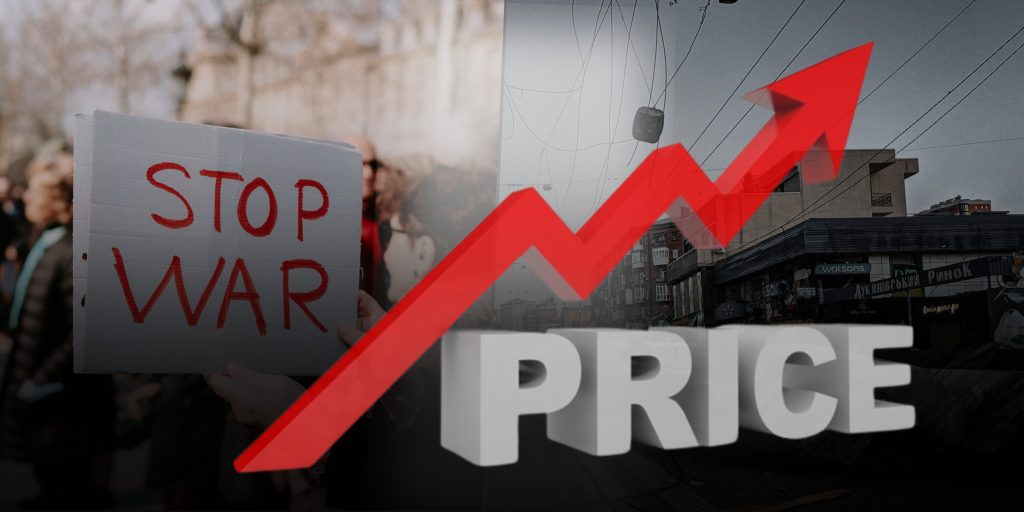The International Monetary Fund (IMF) recently released its latest World Economic Outlook, “Navigating Global Divergences,” amidst the escalating Israel-Gaza conflict. This report adds a layer of uncertainty to the global economic situation, with potential implications for food and fuel prices.
Pierre-Olivier Gourinchas, the IMF’s Chief Economist, highlighted the challenging growth prospects for emerging markets and developing economies.
He noted that these regions face numerous challenges, including reduced fiscal space, increasing debt vulnerabilities, exposure to shocks, and limited recovery opportunities from the COVID-19 pandemic and the Ukraine war.
Gourinchas emphasized the importance of structural reforms in governance, business regulations, and the external sector to stimulate economic growth. These initial reforms could lead to further changes in credit and labour markets and promote a green transition.
The IMF report also underscores the growing impact of climate risk and geo-economic fragmentation on global growth. The organization expressed its condolences for the lives lost in the Israel-Gaza conflict and is closely monitoring the situation for potential economic repercussions.
Gourinchas noted that a 10% rise in oil prices could result in a 0.15% decrease in global output and a 0.4% increase in global inflation in the subsequent year. However, he advised against drawing premature conclusions.
The IMF’s World Economic Outlook paints a picture of a global economy still recovering from the pandemic and Russia’s invasion of Ukraine. However, this recovery is slow and uneven. The forecast predicts a slowdown in global growth from 3.5% last year to 3% this year and 2.9% next year.
The report points out significant growth divergences among advanced economies. Despite signs of decreasing inflation, most countries are not expected to meet their inflation targets until 2025.
Commodity prices could become more volatile due to climate and geopolitical shocks, posing a risk to disinflation strategies. The IMF stresses the need to rebuild fiscal buffers, including phasing out energy subsidies while protecting vulnerable populations.
Gourinchas acknowledged that monetary policy remains relevant in managing energy and food price shocks as these can influence broader inflation measures. Monetary policy can help control inflation expectations and underlying measures, ultimately protecting central banks’ targets.

